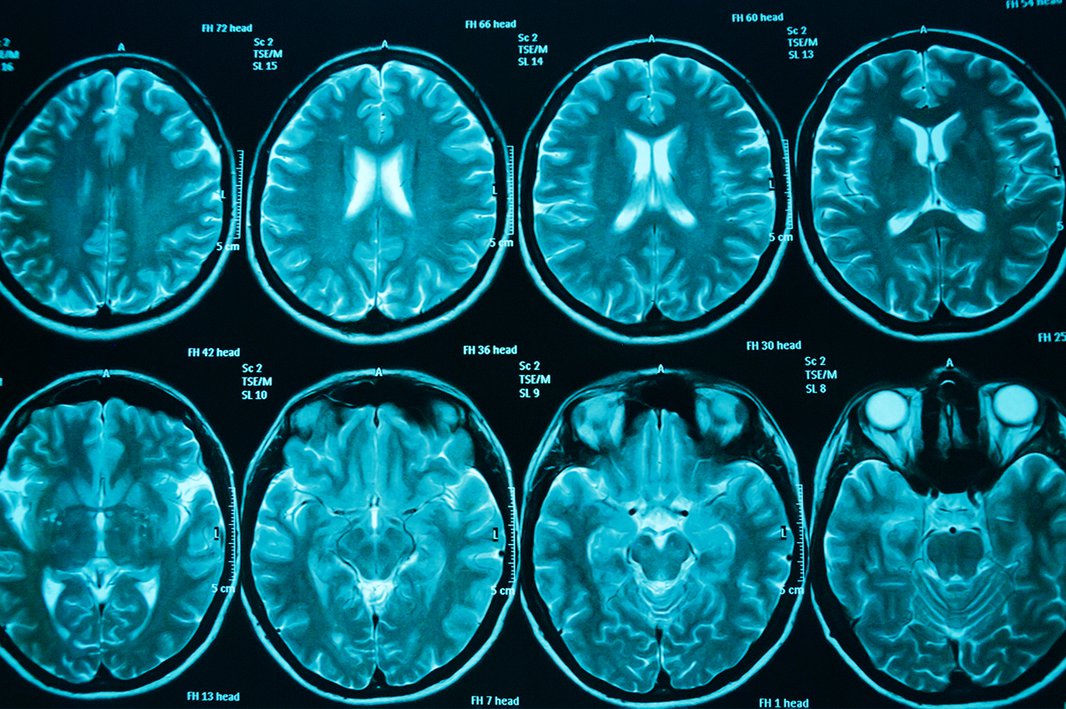Disturbance In The Brain And Epilepsy

In many patients, in spite of exhaustive efforts/investigations, no cause of epilepsy may be located. Such cases are called idiopathic cases of epilepsy.
However, an intensive drive is a must to detect any lesion in the brain which could account for an epileptic attack, the reason being, that if the cause of epilepsy is detected, it is usually treatable, and, therefore, the patient will be cured forever, and thus may not need a long course of. antiepileptic drugs.
If, somehow, the cause remains undiagnosed/undetected, especially when the pathology is right in the brain, the disease will advance further, and besides the manifestations of epilepsy, other clinical features of the underlying disease will occur, making the patient a most complicated case for treatment. It may even prove fatal, if a lesion like neoplasm/malignancy / cancer in the brain remains hidden. This usually happens when detailed investigations have not been carried out, especially the most informative ones like CT scanning and magnetic resonance imaging (MRI) etc. These are costly exercises, but all factors must be taken note of.
A thorough search for the detection of brain tumour is needed, especially in an adult / middle-aged / elderly person, more so when epilepsy is not being controlled in spite of high dosages of various antiepileptic drugs, and the attacks are increasing both in number and intensity. In such cases MRI must be done, even if the report of the CT scan is normal, as the MRI is more effective in the detection of any pathology in the brain. In one of our patients of about 40 years of age, epilepsy was not being controlled in spite of heavy medication, and even the CT scan was normal. An MRI was done, which showed the presence of a tumour in the brain. This was immediately operated upon, and the patient's epilepsy was subsequently controlled.
 |
| the detection of brain tumour is needed, especially in an adult and middle age |
It is very important to keep in mind that epilepsy may be the only and the first symptom of brain tumours, which may even continue for several years, before other manifestations of brain tumour appear. This usually happens when the tumour is a slow-growing one/benign in nature. Hence, whenever epilepsy occurs for the first time in an adult/middle-aged/ elderly person, a tumour of the brain must be suspected, and the case should be thoroughly investigated so that the treatment is not delayed. An early diagnosed and treated brain tumour has a very high prognosis.
Another cause of epilepsy could be either a recent or an old injury of the head, which also needs a thorough check-up.
Also, trauma induced by an injury to the head of a newly-born during delivery (i.e. birth injury/injuries) is an important cause of epilepsy, and again, even in such cases of birth injuries, epilepsy may occur after many/several years of birth.
Further, epilepsy may occur when the brain function is disturbed due to the various other lesions in the brain called space-occupying lesions (brain tumours are also one of the space-occupying lesions), like an abscess, tuberculoma as a result of tuberculosis, infarction (i.e. damage of an area of brain as a result of occlusion of one of the branches of cerebral/ brain vessels, responsible for the blood supply of involved/ damaged area of the brain), and cysticercosis (i.e. a lesion in the brain which occurs due to ingestion of infected and insufficiently cooked pork), etc. Focal epilepsy following 'tuberculoma' in the brain is also seen.
 |
| Scans for diagnosis |
Heredity also plays a significant role in some of the cases of epilepsy.
Other important causes of epilepsy are fever, withdrawal of drugs or alcohol, toxaemia, etc. which are likely to precipitate an attack of epilepsy. Epilepsy sometimes also occurs in a case of renal/kidney failure.
Irrespective of the cause of epilepsy, and including the cases of idiopathic epilepsy, where no reason for an attack of epilepsy has been detected, the nature or clinical manifestations of the attack of epilepsy remain the same.





![[Darknet] How I Discovered It, and How to Access](https://blogger.googleusercontent.com/img/b/R29vZ2xl/AVvXsEigkvDILsG9sBTqEktFANKPS5HYpz1I4Cn00RhSPezewjQjxnKrznkJmBvWUnLHTrH_5_OibNQhzXA1HoPOKuhMOWkc5kaeA4QKpx5t24CS8rdr8YPqUGT4t8HogBdnS7Txj8p9AQZU7I0/s72-c/%255BDarknet%255D-How-I-Discovered-It%252C-and-How-to-Access.png)

Post a Comment